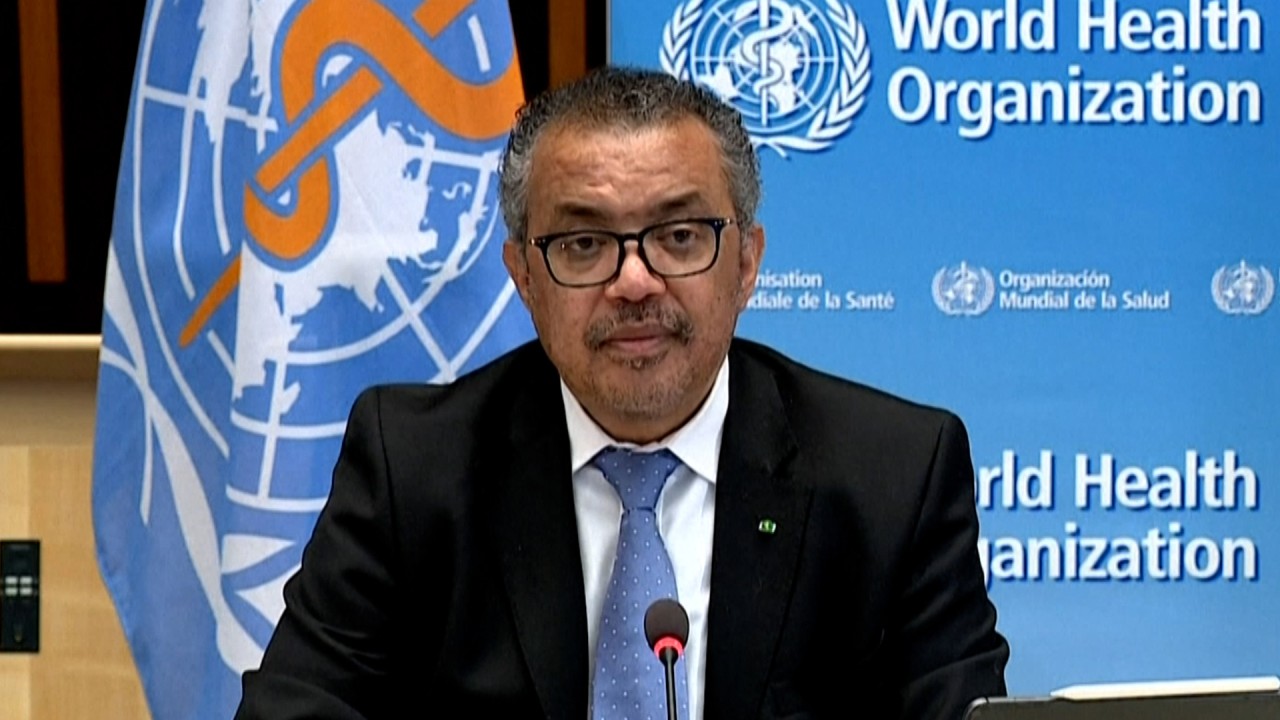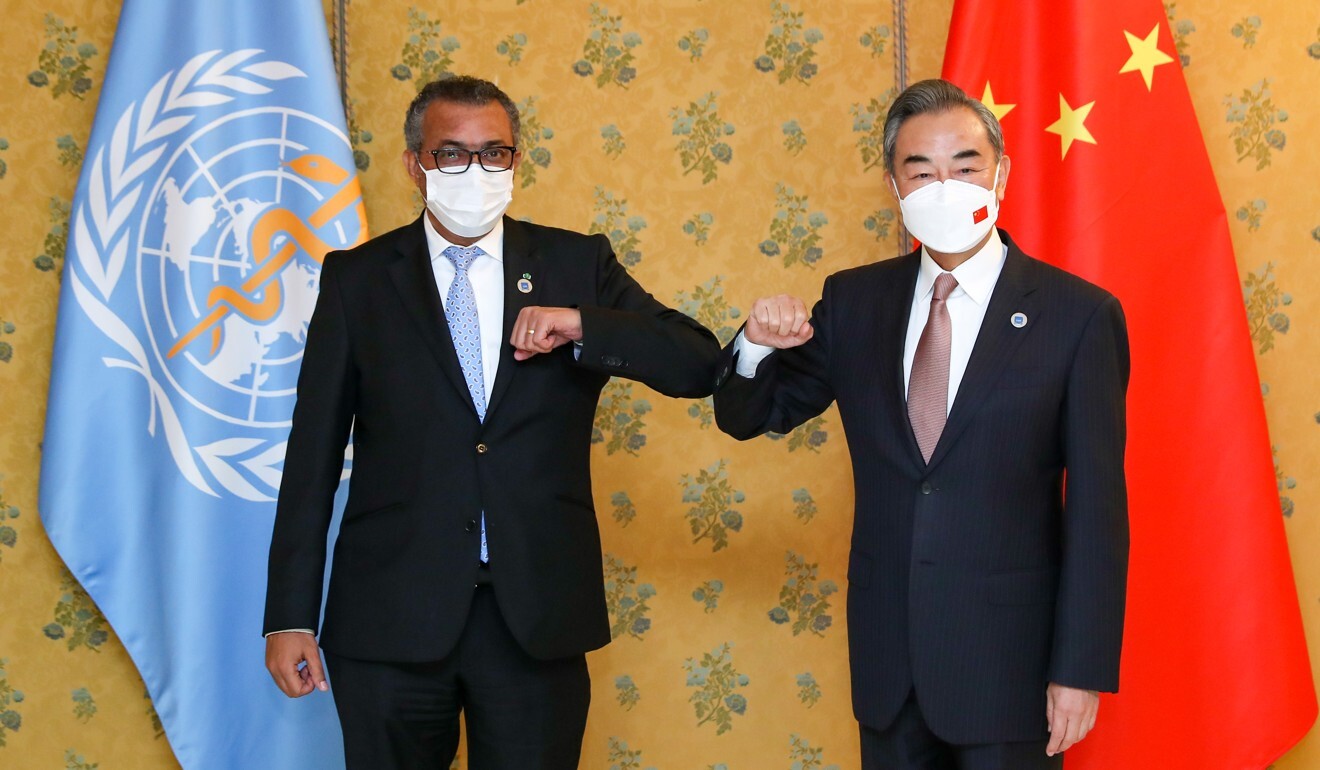
01:02
WHO chief Tedros: Covid-19 cases and deaths rising for first time in two months

The World Health Organization is seeking to revise a proposed list of experts to guide the next phase of research on the origins of Covid-19, calling for more applicants for a new advisory group.
It comes just days after public comments on the original nominees closed.
The UN body on Monday said it had reopened the application period for three additional days to encourage more experts in the fields of social science, anthropology, ethics, political science, as well as biosafety and biosecurity, to apply.
Twenty-six experts were nominated for the new permanent body known as the Scientific Advisory Group for the Origins of Novel Pathogens, or Sago, last month. The list was then released for a two-week public consultation – standard practice when such bodies are formed – which closed on Wednesday.
Though the original call for applicants asked for experts in “ethics and social sciences” to apply, the 26 proposed members were health and science professionals. The group included two scientists who were identified by the WHO as experts in lab biosecurity.

01:02
WHO chief Tedros: Covid-19 cases and deaths rising for first time in two months
But the formation of the body – charged with guiding research into the origins of this and future outbreaks and building a framework for how such investigations should be run – has come under significantly more scrutiny than is typical for a new WHO advisory group.
There is growing international frustration over the lack of clarity on how Covid-19 emerged, especially after the controversial conclusion to a “phase one” WHO-led research mission to China earlier this year. Critics have accused members of that team of having conflicts of interest and failing to fully vet a theory that the coronavirus could have escaped from a laboratory in Wuhan, the city where it was first identified.
After the Sago list was released, proponents of a lab investigation raised concerns – including in open letters to the WHO last week – calling for some nominees to be removed and suggesting the proposed group did not include those with the skills or interest to guide recommendations on how best to evaluate the “lab leak” hypothesis.
Beijing has vehemently rejected this theory, which it views as politically motivated and fanned by the US, and has made clear it will not allow further missions to China that seek to audit laboratories.
In a meeting on the sidelines of the Group of 20 summit in Rome on Saturday, Chinese Foreign Minister Wang Yi told WHO chief Tedros Adhanom Ghebreyesus that virus origin tracing “should be conducted in an objective, scientific and responsible manner”, with the WHO guarding against “all kinds of political hype”.
“China is willing to discuss future cooperation with the WHO on this basis,” Wang said, according to a foreign ministry readout.

Sago has been widely seen as a way for the WHO to step back from the politics that have engulfed the origins question and put recommendations for the next steps of the investigation into the hands of well-respected international experts.
Ghebreyesus announced that the new body would be set up in July, and applications opened the following month. The group proposed in October included experts from countries including China, the United States, India, Kenya and Brazil. Member selection was based on relevant expertise, experience and skills, with an eye to avoiding conflicts of interest and including “diverse perspectives” from different regions, and for gender balance, the WHO said.
Meanwhile, the public consultation period serves as “an integral component of WHO’s conflict of interest assessment policy”. The purpose is to “enhance WHO’s management of conflicts of interest, as well as strengthen public trust and transparency”, according to a public notice.
The WHO earlier said that the body would include “up to 25” experts. It was not immediately clear if the call for new applicants meant some experts would be replaced from the original list or if the planned size of the group would expand. When asked to comment, a WHO spokesperson said: “We are seeking greater diversity across the technical areas represented in Sago.”
Sago is expected to have its first meeting this month.